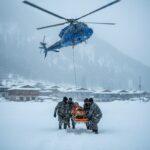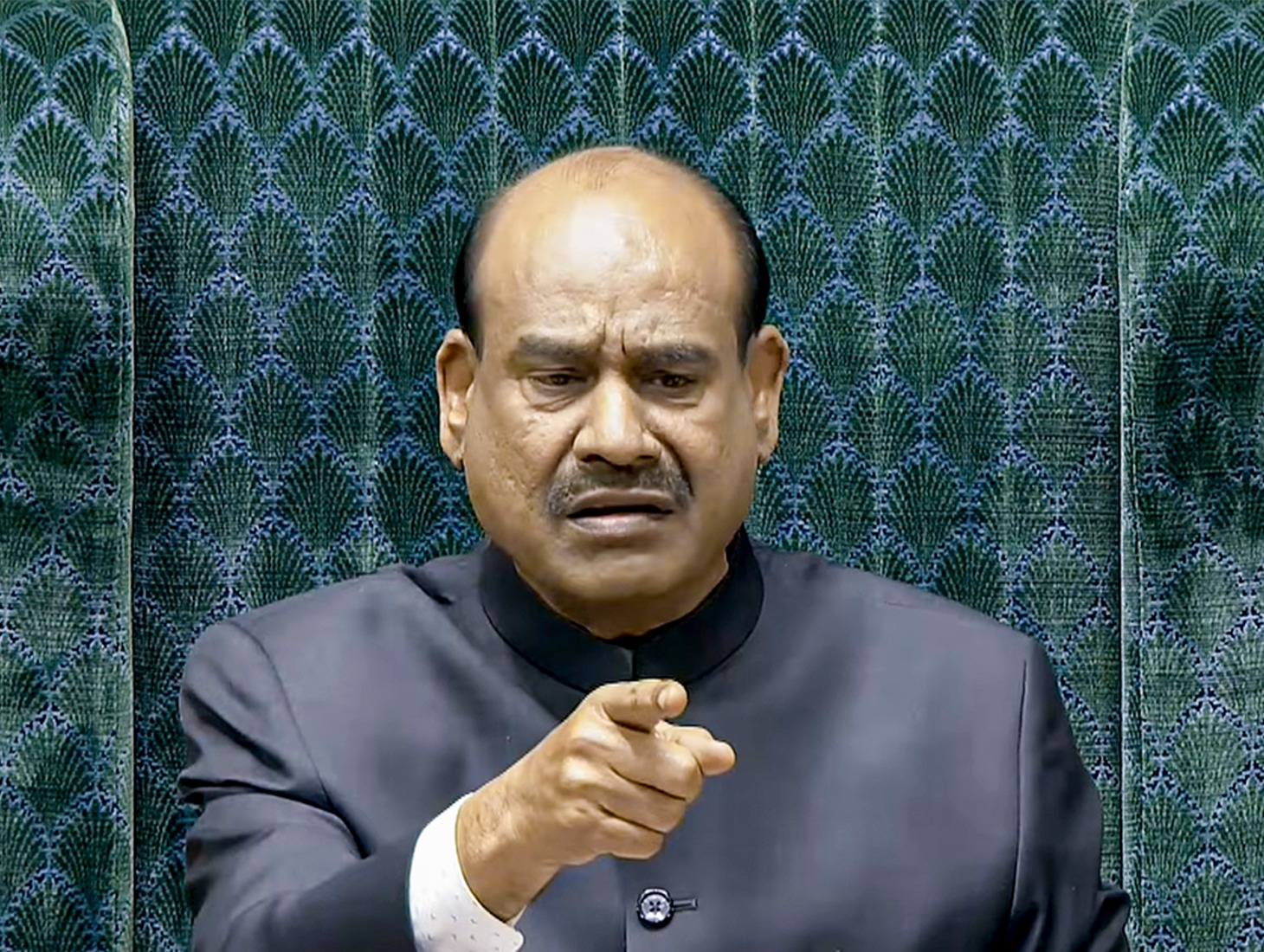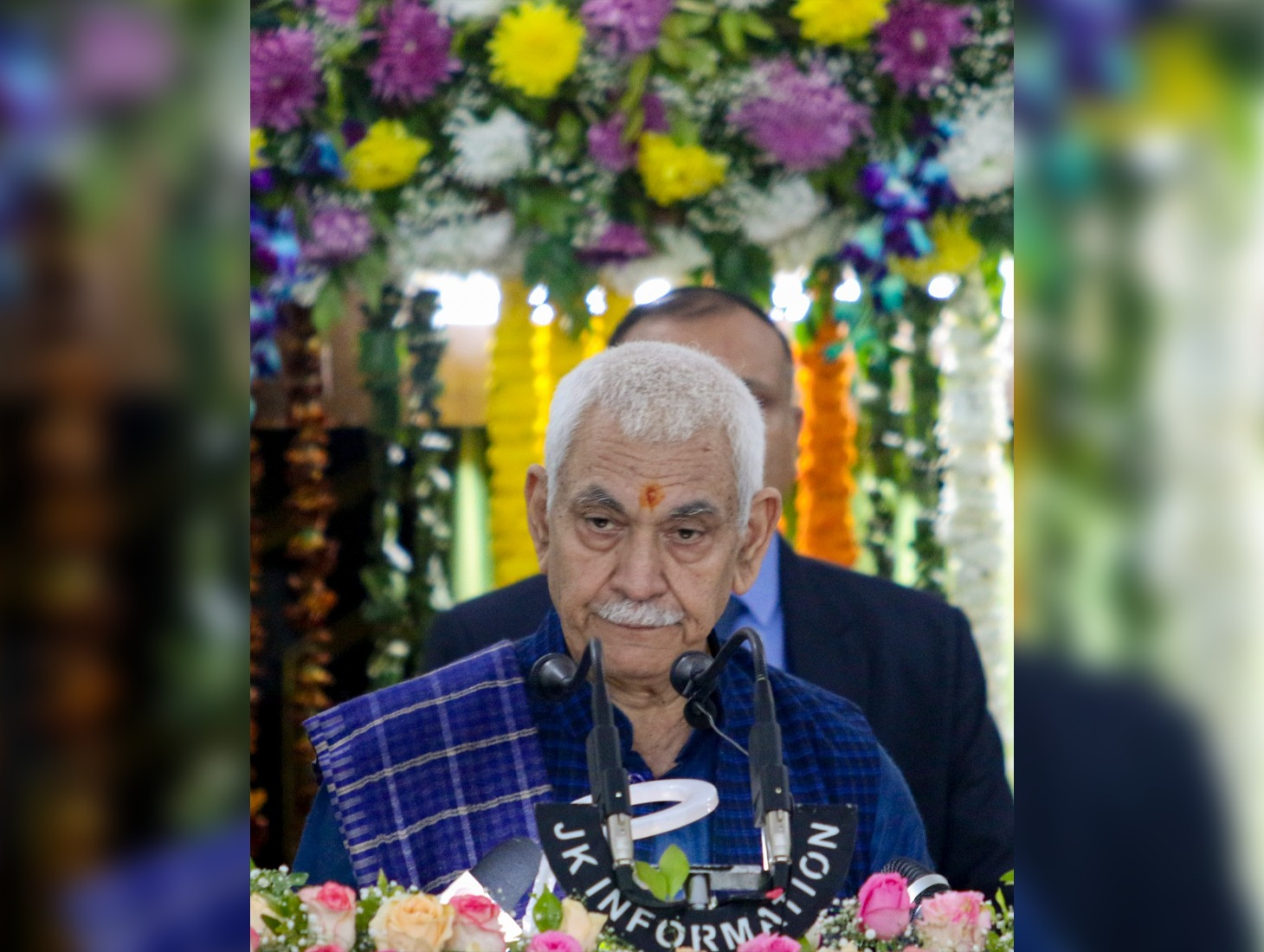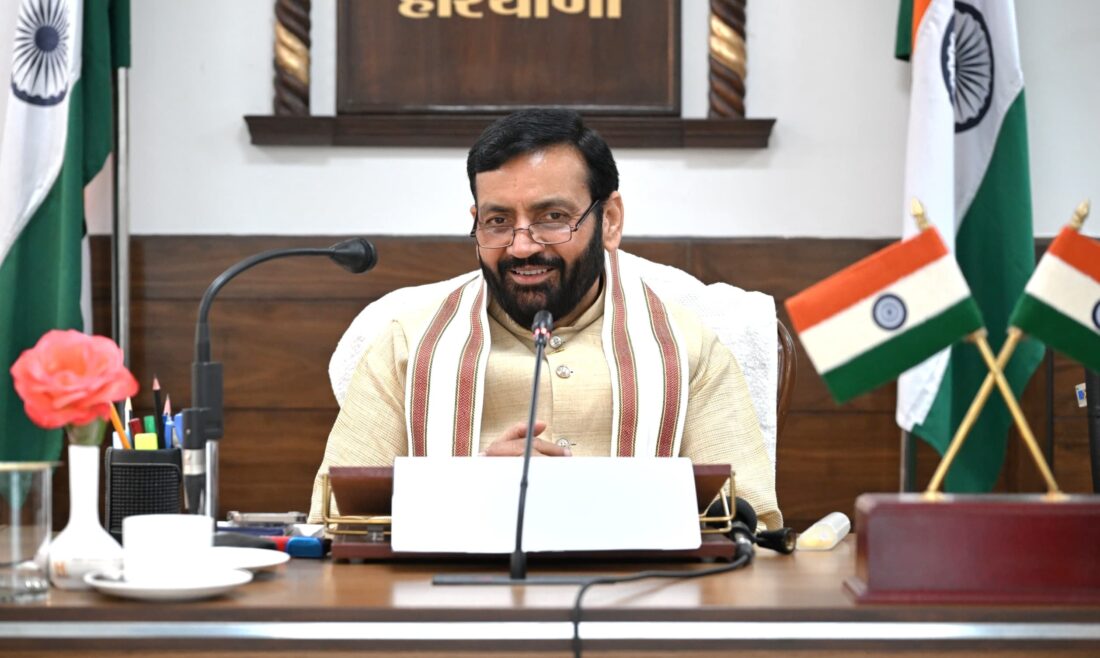The North News
New Delhi, March 13
The Centre government has constituted a specialized task force under the Multi-Agency Centre (MAC) to monitor darknet and cryptocurrency platforms linked to narcotics trafficking, the Ministry of Home Affairs (MHA) has announced. The task force will focus on tracking drug networks, analyzing trafficking patterns, and regularly updating databases while reviewing laws and enforcement strategies.
In a written reply to the Rajya Sabha, the MHA said that the Narcotics Control Bureau (NCB) is actively engaging with neighboring countries such as Myanmar, Iran, Bangladesh, Indonesia, Singapore, Afghanistan, and Sri Lanka through high-level talks to address transnational drug smuggling, particularly maritime trafficking.
Strengthening coordination and enforcement
To enhance coordination between central and state agencies, the government has implemented a four-tier Narco-Coordination Centre (NCORD) mechanism. This system aims to improve collaboration between enforcement agencies and other stakeholders involved in combating drug trafficking and abuse. An NCORD portal has been launched to centralize drug enforcement-related information.
Each state and union territory has established an Anti-Narcotics Task Force (ANTF), led by an Additional Director General or Inspector General-level officer, to function as the NCORD Secretariat and oversee the implementation of decisions taken at different levels.
Additionally, a Joint Coordination Committee (JCC), chaired by the Director General of NCB, has been set up to oversee major drug seizures and investigations.
Expanding enforcement capabilities
Border security forces—including the Border Security Force (BSF), Assam Rifles, and Sashastra Seema Bal (SSB)—have been granted powers under the Narcotic Drugs and Psychotropic Substances (NDPS) Act, 1985, to conduct search, seizure, and arrests along international borders. The Railway Protection Force (RPF) has also been empowered to combat drug trafficking along railway routes.
The NCB is collaborating with agencies such as the Navy, Coast Guard, BSF, and state ANTF units to conduct joint operations against drug smuggling. The bureau is also providing ongoing training to enforcement officers to strengthen their capacity in tackling narcotics crimes.
As part of efforts to expand NCB’s reach, the government has created 536 new posts across different levels. The number of regional NCB offices has been increased from three to seven, with new offices in Amritsar, Guwahati, Chennai, and Ahmedabad. The number of zonal offices has also been expanded from 13 to 30, with five new offices in Gorakhpur, Siliguri, Agartala, Itanagar, and Raipur, along with the upgrade of 12 sub-zones. The restructuring places special emphasis on cyber, legal, and enforcement aspects.
National narcotics helpline and forensic support
The government has launched a 24/7 toll-free National Narcotics Helpline, “Madak-Padarth Nished Asoochna Kendra” (MANAS), accessible via phone, SMS, chatbot, email, and web portal. The helpline aims to provide a centralized platform for citizens to report drug-related issues and seek assistance.
To further strengthen enforcement, the central government is providing financial assistance to states for upgrading forensic science laboratories under various schemes.
A high-level Maritime Security Group was established within the National Security Council Secretariat (NSCS) in November 2022 to assess the challenges of drug trafficking via maritime routes and develop countermeasures.
Government’s commitment to drug control
The MHA outlined several steps taken to bolster the NCB’s operations and curb the rising threat of narcotics. These include:
- Increasing the number of regional offices from three to seven, with new offices in key locations.
- Expanding zonal offices from 13 to 30, including five new offices and 12 upgraded sub-zones.
- Boosting NCB’s workforce to 1,496 by adding 536 new posts.
- Establishing a Narco-Canine Pool at 10 zonal offices to assist enforcement agencies in drug detection.
















